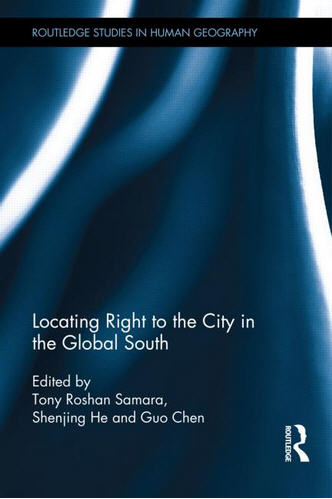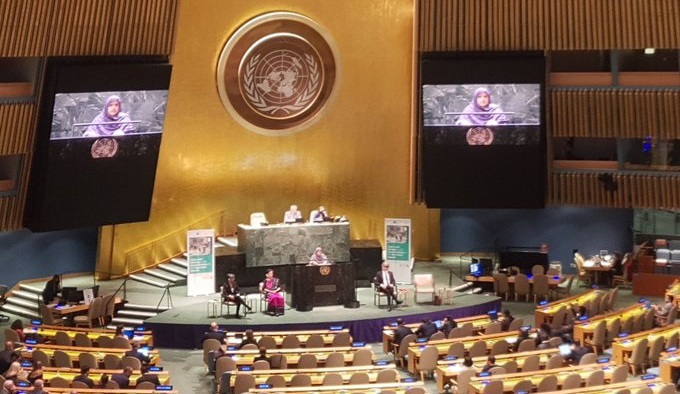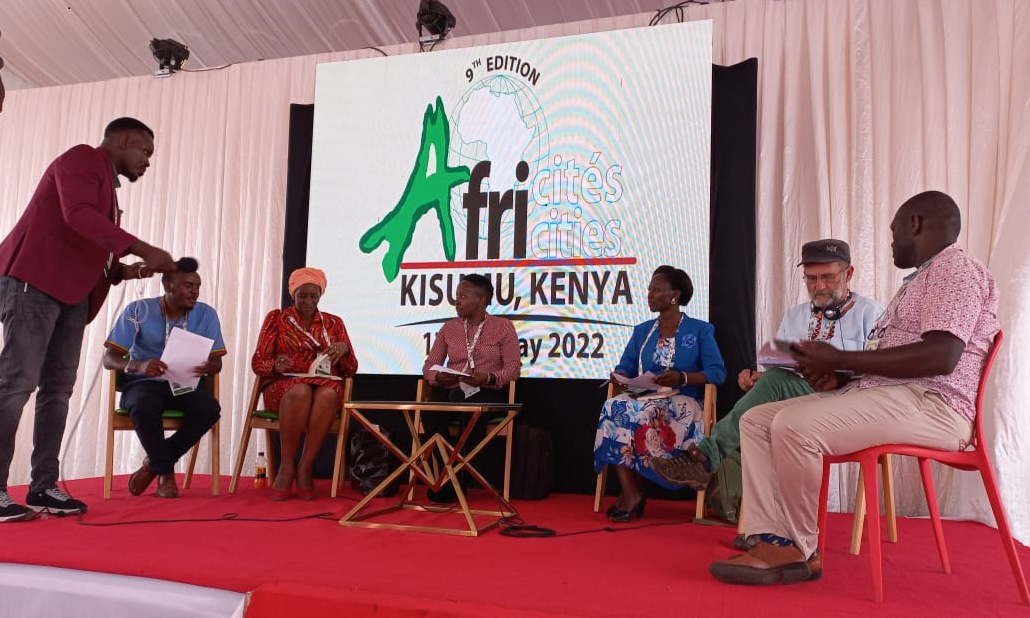
Despite the
fact that virtually all urban growth is occurring, and will continue to occur,
in the cities of the Global South, the conceptual tools used to study cities
are distilled disproportionately from research on the highly developed cities
of the Global North. With urban inequality widely recognized as central to many
of the most pressing challenges facing the world, there is a need for a deeper
understanding of cities of the South on their own terms.
Locating Right to the City in the Global
South marks an
innovative and far reaching effort to document and make sense of urban
transformations across a range of cities, as well as the conflicts and
struggles for social justice these are generating. The volume contains
empirically rich, theoretically informed case studies focused on the social,
spatial, and political dimensions of urban inequality in the Global South.
Drawing from scholars with extensive fieldwork experience, this volume covers
sixteen cities in fourteen countries across a belt stretching from Latin
America, to Africa and the Middle East, and into Asia. Central to what binds
these cities are deeply rooted, complex, and dynamic processes of social and
spatial division that are being actively reproduced. These cities are not so
much fracturing as they are being divided by governance practices informed by
local histories and political contestation, and refracted through or infused by
market based approaches to urban development. Through a close examination of
these practices and resistance to them, this volume provides perspectives on
neoliberalism and right to the city that advance our understanding of urbanism
in the Global South.
In mapping the relationships
between space, politics and populations, the volume draws attention to
variations shaped by local circumstances, while simultaneously elaborating a
distinctive transnational Southern urbanism. It provides indepth research on a
range of practical and policy oriented issues, from housing and slum
redevelopment to building democratic cities that include participation by lower
income and other marginal groups. It will be of interest to students and
practitioners alike studying Urban Studies, Globalization, and Development.
* More information on the book can be found here.
* The
Google Books site, which has some content available, can
be found here.


